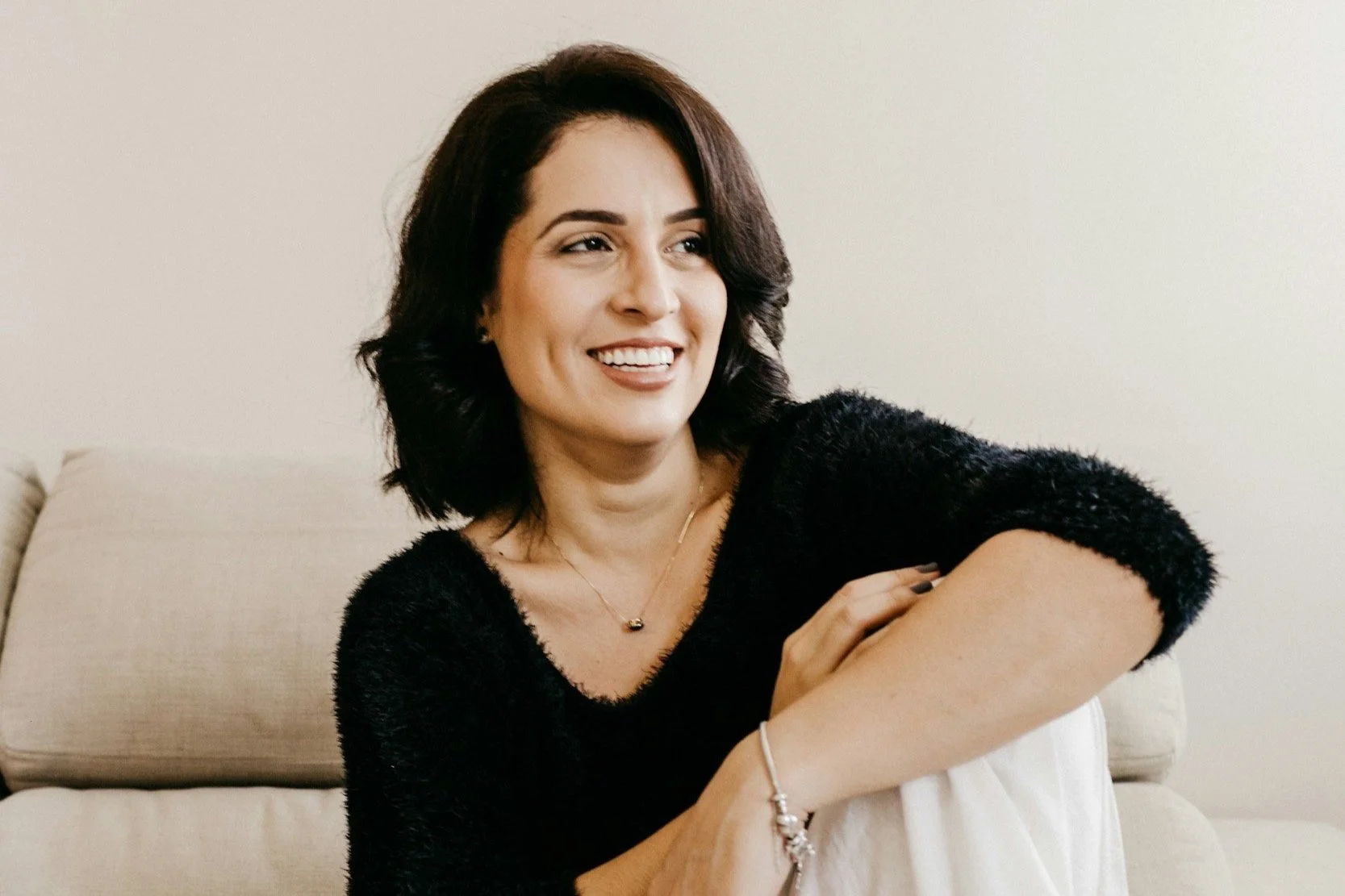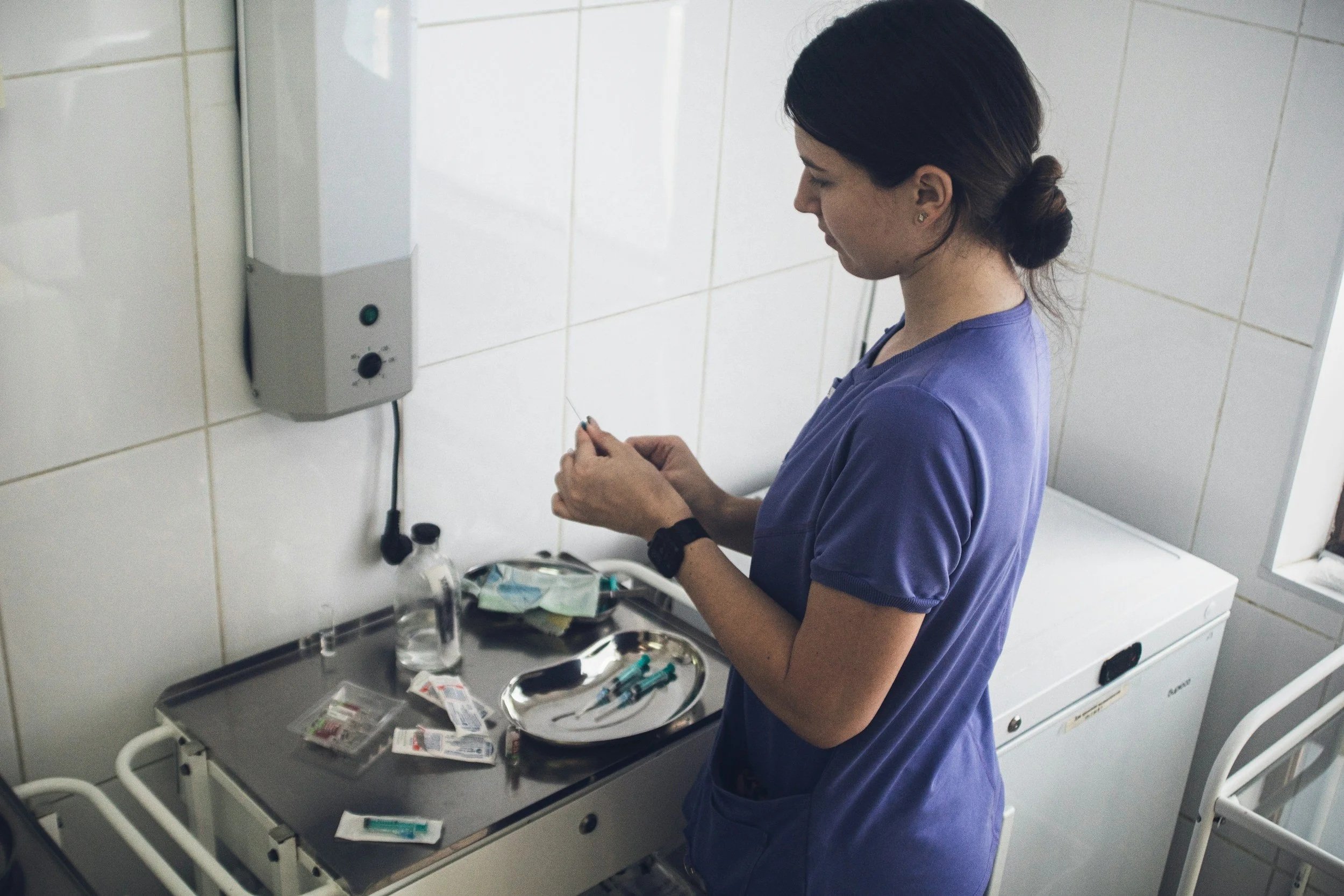As women age, not only do they have fewer eggs, but the quality of those eggs also declines. “Quality” refers to the genetic makeup that determines whether an egg can lead to a successful pregnancy. This decline in egg quality starts becoming noticeable around age 37 and accelerates as women reach their 40s, although it can affect some women at a younger age.
For example: a 30-year-old might need about 20 eggs from a couple of egg retrieval procedures to have a good chance of achieving a live birth, while a 40-year-old might need closer to 60 eggs to reach that same goal. This is because as we age, an increased proportion of our eggs contain an abnormal balance of chromosomes (DNA), and these eggs either cannot result in a pregnancy or will result in a miscarriage. It is a significant difference and shows why age is such a critical factor in fertility.
When it comes to freezing eggs, common medical practice is to perform the egg retrieval before you are 45 or 46 years old, which is similar to the age limit for using your own eggs in in-vitro fertilization. Neither the American College of Obstetrics and Gynecology (ACOG), nor the American Society for Reproductive Medicine (ASRM) have formal guidelines on age recommendations for egg freezing, but ASRM recognizes that generally younger eggs have better outcomes. However, it is essential for each woman to get personalized advice based on her specific egg reserve and her plans for starting a family.
At GENESIS Fertility & Reproductive Medicine, we do not want our patients to waste neither time nor money and therefore do not recommend egg freezing for patients age 46 or older. In addition, our patients above the age of 38 are counseled extensively based on their AMH and age.
Freezing eggs when you are younger can seem like a smart move to preserve your fertility options. However, it also means you might end up paying the costs of procedures, medications, and longer periods of storage but not needing to use those frozen eggs, as younger patients are more likely to conceive naturally. Finally, while egg retrieval is generally considered safe, it does involve anesthesia and is technically a minor surgical procedure, both of which come with risks.
Every woman considering egg freezing should receive tailored advice that considers her unique circumstances. It is critical to carefully weigh the advantages and potential drawbacks to make the best decision for you and your future family plans.

Ruchi K. Amin, MD, FACOG is a fellowship-trained reproductive endocrinologist and infertility specialist at GENESIS Fertility & Reproductive Medicine. She completed her OB/GYN residency at Hutzel Women’s Hospital in Detroit. Her fellowship in reproductive endocrinology and infertility was at the University of Texas Southwestern Medical Center in Dallas. Dr. Amin is passionate about providing individualized, compassionate care and works hard with her patients to achieve shared goals.
Learn more about GENESIS Fertility’s egg freezing practice on Freeze.
Answered by Dr. Roy Handelsman from HRC Fertility. Understand how ovarian cysts and ovarian surgery may impact the egg freezing process.
Answered by Dr. Rashmi Kudesia from CCRM Fertility Houston. Here’s a checklist for before, during, and after your egg freezing consultation, including 11 questions you should ask the doctor.
Answered by Valerie Shafran, MSN, FNP-C from Extend Fertility. Discover why fertility experts urge women to stop taking GLP-1 agonists before an egg freezing cycle.
Answered by Dr. Nidhee Sachdev from South Coast Fertility Specialists. Explore what AMH tells us about a woman’s ovarian reserve or how many eggs she has left.
Answered by Dr. Hade from Generation Next Fertility. Understand how egg freezing does not cause long-term weight gain yet there is a chance of transient bloating.
Answered by Rijon Charne, JD from Sunray Fertility. Explore what a reproductive estate plan entails and the situations where having one can make a big difference.
Answered by Rijon Charne, JD from Sunray Fertility. Learn more about the importance of clinic disposition forms, including what they do and don’t cover.
Answered by Rijon Charne, JD from Sunray Fertility. Discover the legal nuances that can shape your options when freezing eggs or embryos.
Answered by Dr. Joshua Klein from Extend Fertility. Learn how birth control relates to egg freezing and if you will need to stop your hormonal birth control before starting the procedure.
Answered by Dr. Jesse Hade from Generation Next Fertility. Discover the important factors that affect chances of egg freezing success in your late thirties.
Answered by Sidonia Buchtova, PA-C, C-RHI from Refresh Psychiatry. Understand if you can stay on an SSRI or SNRI when freezing your eggs.
Answered by Sidonia Buchtova, PA-C, C-RHI from Refresh Psychiatry. Discover tips to help support your mental well-being during preparation, throughout the cycle, and after your egg retrieval, especially if you have a history of anxiety.
Answered by Dr. Katharina Spies from Vida Fertility. Learn about who should consider supplements before and during fertility preservation, and how supplements could support your egg freezing cycle.
Answered by Dr. Serin Seckin from Generation Next Fertility. Understand the key differences to help you make an informed decision that aligns with your personal and reproductive goals.
Answered by Dr. Ido Feferkorn from the Reproductive Medicine Group. Learn how Polycystic Ovarian Syndrome (PCOS) may affect the egg freezing process and outcomes of fertility preservation.
Answered by Dr. Meera Shah from Nova IVF. Understand the potential risks of egg freezing to help you evaluate if it is right for you.
Answered by Dr. Hade from Generation Next Fertility. Learn from start to finish the entire process of what happens on the final day of an egg freezing cycle.
Answered by Dr. Sahar M. Stephens from Northern California Fertility Medical Center. Understand the probability of pregnancy based on the number of eggs frozen and the age at which you freeze.
Answered by Dr. Alison Peck from HRC Fertility. Discover which medications are commonly used for ovarian stimulation during an egg freezing cycle.
Answered by Dr. Kathryn Snow from Piedmont Reproductive Endocrinology Group (PREG). Understand the side effects that you may experience when freezing your eggs.
Answered by Lia Schiller, MSN, AGNP-BC from Extend Fertility. Learn why IUDs can stay in place throughout the egg freezing process.
Answered by Dr. Woo from HRC Fertility. Learn how some medications need to be stopped for an egg freezing cycle while some medications can be continued.
Answered by Dr. Dan Nayot from The Fertility Partners. Learn how artificial intelligence is providing women with more information than ever before about their eggs.
Answered by Dr. Joshua Klein from Extend Fertility. Egg freezing doesn’t impact your chance of getting pregnant naturally, because egg freezing makes use of eggs that would otherwise have been lost.
Answered by Dr. Dan Nayot from The Fertility Partners. Understand the distinction between egg quantity and quality, and explore how AI is transforming egg quality analysis.
Answered by Dr. David E. Tourgeman from HRC Fertility. Understand what options exist for what to do with your frozen eggs if you decide not to use them for IVF.
Answered by Dr. Armando Hernandez-Rey from Conceptions Florida. Learn about minimal stimulation egg freezing cycles and how they can decrease the risk of ovarian hyperstimulation syndrome.
Answered by Dr. Ido Feferkorn from the Reproductive Medicine Group. Find out how egg freezing medications work and how protocols can be adjusted if you can’t take estrogen.
Answered by Dr. Ido Feferkorn from Reproductive Medicine Group. Learn how egg freezing fits into the menstrual cycle and how timing can be customized.
Answered by Dr. Elena Santiago from Vida Fertility. Understand the ins and outs of egg freezing in Spain as a non-resident, including timing, costs, and more.































